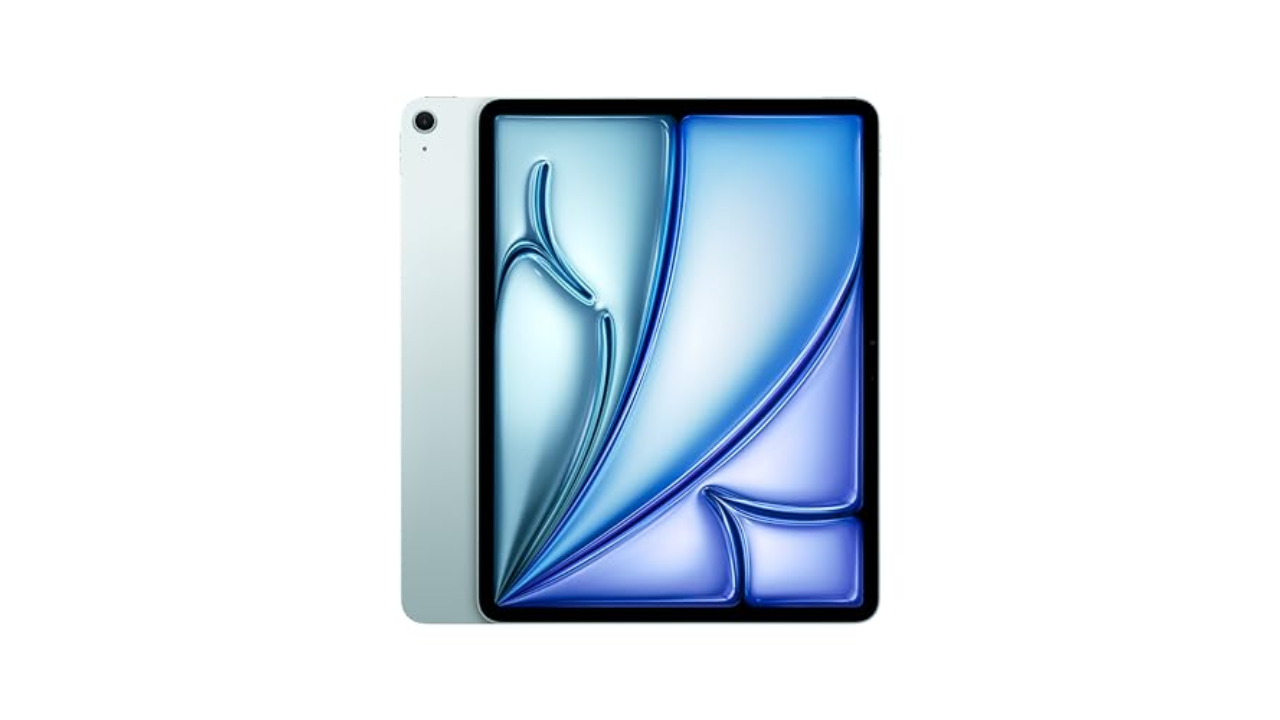Nikon has unveiled its latest full-frame camera, the 24.5-megapixel Zf with retro style and technology borrowed from the company’s high-end Z8 and Z9 cameras. With a new sensor and processor, it promises powerful features like 14-fps max shooting speeds, advanced AI autofocus and 4K 60p video. At the same time, it’s a highly manual camera with a lot of old-school touches and multiple colorways, all designed to touch that vintage-loving nerve.
The body and handling emphasizes manual controls, with no less than five dials on top to control shooting mode, video/photo/B&W, aperture, shutter speed and exposure compensation. It also has a pair of shooting dials front and back and a D-pad style controller, but no joystick. The “grip” is just a small ridge. With all that, the Zf really does look like a an old school Nikon film camera — right down to the chrome-plated shutter release button.
The Zf’s magnesium-alloy body is smallish, but not very light at 710 grams (Sony’s A7 IV is 659 grams). It does offer “high dust- and drip-resistance” though, Nikon says.
The high-resolution 2.1-million-dot vari-angle touch display fully articulates for vlogging and selfies, while allowing touch function controls and focus point selection. For astro shooters, it has a “Starlight view mode” that boosts display brightness in dark scenes. Meanwhile, the OLED viewfinder has a decent 3.68-million dot resolution and 0.8 times magnification.
It has two card slots, but with a serious caveat. One is a high-speed UHS-II card slot, but the other is a UHS-I microSD slot — the only model with that combo as far as I know. The battery is a weak point, offering only 380 shots on a charge, compared to 580 for the Sony A7 IV. Other features include a USB 3.2 Gen1 port with charging support, mic/headphone ports and a micro HDMI connector.
Inside, it has a backside-illuminated (BSI) 24.5-megapixel sensor and Expeed 7 processor borrowed from the high-end Z models. That gives it autofocus powers akin to the Z8, including Nikon’s 3-D tracking plus AI-powered subject detection that can find people, dogs, cats, birds, cars, motorcycles, bicycles, trains and planes. It’ll even detect far-away faces that take up as little as 3 percent of the frame’s longest side.
As for image quality, the standard ISO range of 100 to 64,000 promises good low-light capability, and it has a pixel shifting mode that boosts resolution up to 96-megapixels for static scenes. In line with the retro styling, Nikon has a dedicated black & white mode (with its own dial setting), that enables multiple monochromatic settings ranging from flat to high-contrast “Deep Tone Monochrome.”
It can hit 11fps shooting speeds in RAW mode (14fps with JPEGs) in electronic shutter mode (Nikon doesn’t list specs for mechanical shutter) and offers a reduced-quality 30fps JPEG-only mode with a pre-burst option to ensure you won’t miss a shot. The five-axis IBS (or vibration reduction, as Nikon calls it) reduces shake by up to 8 stops with a supported lens. Stabilization can be linked to the focus point, rather than just the center of the image as with most systems.
On the video side, the Zf can record full-frame 4K at 30p from a supersampled 6K image, or 4K60p with a DX (1.5 times) crop, along with 1080p/120p. Video can be captured with 10-bit H.265 recording, which will give users better color fidelity and more options in post. However, H.265 files require a powerful computer, meaning you might have to convert them to another format for editing.
Based on the specs, the Nikon Zf looks like a solid camera that can compete against models like Panasonic’s S5 II and Sony’s A7 IV. However, it sets itself apart from those models based on its retro styling and manual controls, which should appeal to a certain segment of buyers. The Nikon Zf arrives in October 2023 at a competitive $2,000 price for the body only, or $2,240 with the retro-styled Nikkor Z40 f/2.0 SE lens. If you want one of the other colors (Indigo Blue, Sepia Brown, Bordeaux Red, Sunset Orange, Moss Green, StoneGray), you’ll pay $2,100 for the body only.
Credit: Source link









